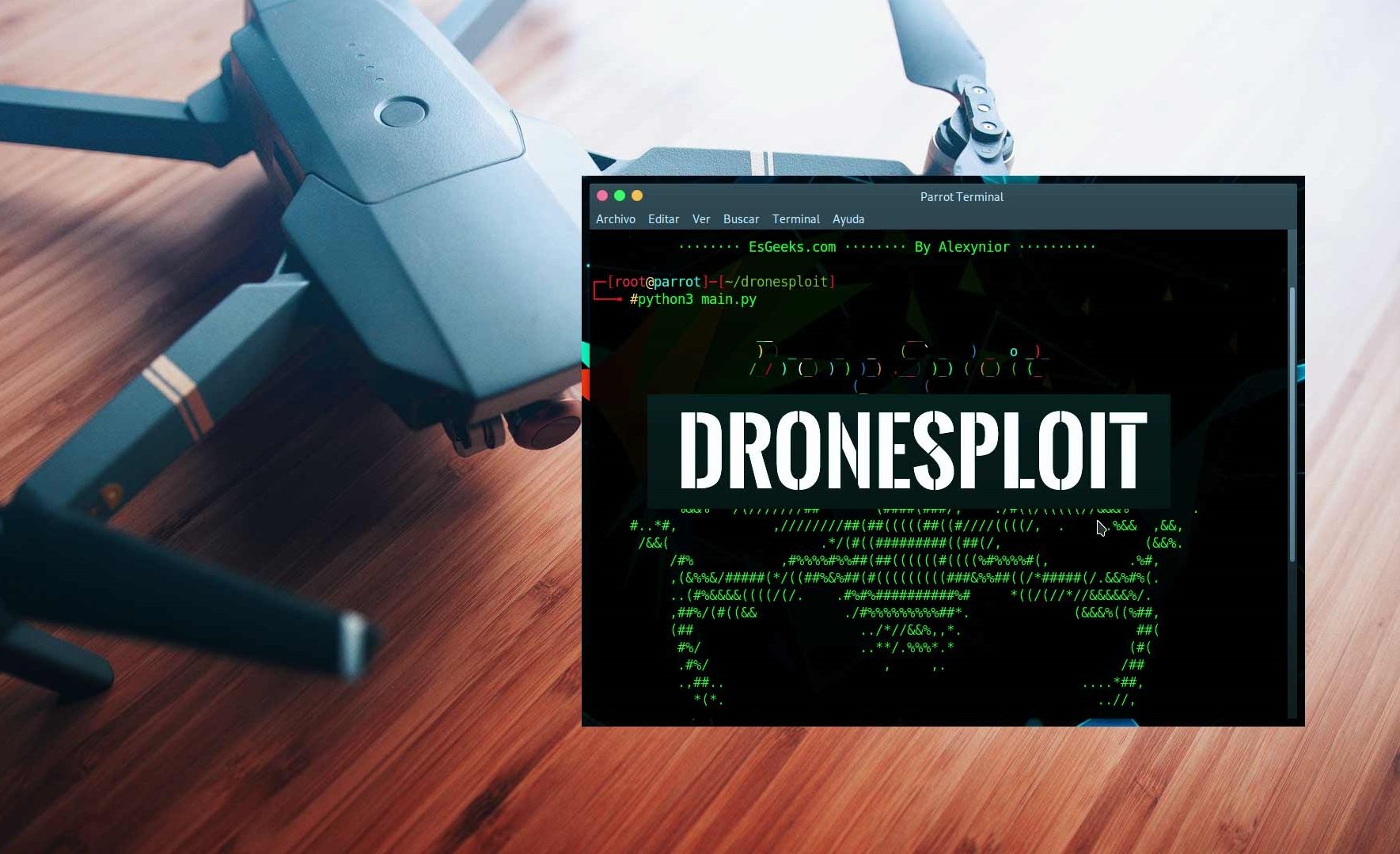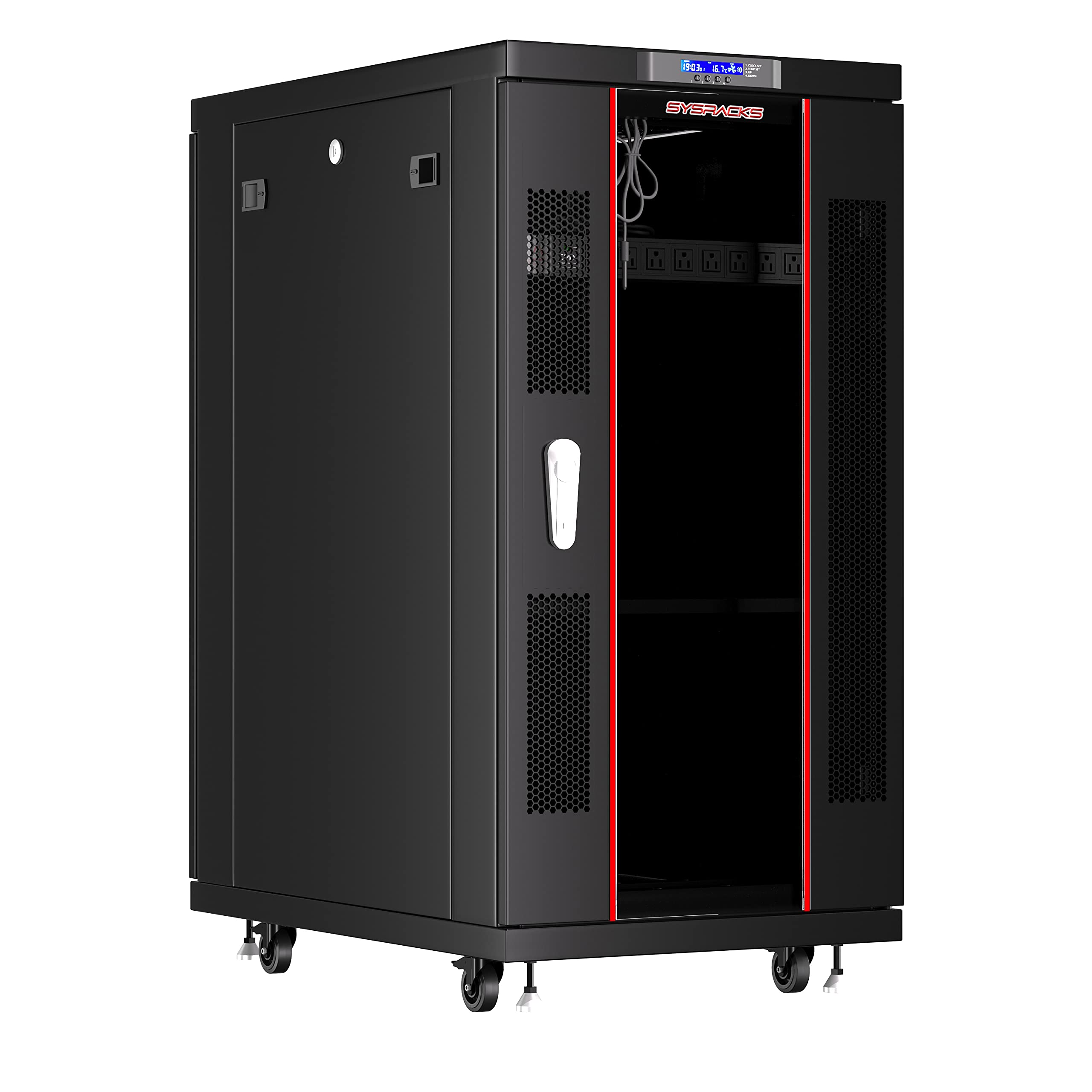Telemetry, the critical process of collecting real-time machine performance data, is an essential component of any hardware project. However, weak telemetry systems can lead to disastrous consequences. Many companies rely on expensive and complex solutions, including integrating multiple open-source telemetry tools. Recognizing this problem, Sift, a new startup founded by two ex-SpaceX engineers, aims to simplify, reduce the cost, and enhance the effectiveness of telemetry with its end-to-end stack.
Key Takeaway
Sift, a startup founded by ex-SpaceX engineers, aims to revolutionize telemetry with its end-to-end stack. The company’s solution simplifies and enhances the effectiveness of collecting real-time machine performance data. By leveraging their expertise and experiences from SpaceX, Sift’s telemetry stack provides cost-effective and efficient tools for hardware development. The company recently secured $7.5 million in funding and is poised for growth, with plans to double its engineering team in the coming year.
The Secret Sauce: SpaceX’s Internal Software Tools
Austin Spiegel and Karthik Gollapudi, the founders of Sift, drew inspiration from their time working at SpaceX. They were amazed by the incredible software tools developed internally, especially telemetry, which played a pivotal role in SpaceX’s success in hardware development.
During his tenure at SpaceX, Spiegel worked on various internal tools, including manufacturing systems, test automation systems, and the telemetry system for Starlink. Gollapudi, on the other hand, led the flight software operations team for the Dragon spacecraft. Their experiences at SpaceX highlighted the importance of robust software systems in ensuring the reliability and success of hardware projects.
Identifying the Telemetry Problem and Sift’s Solution
Spiegel and Gollapudi started contemplating the challenges associated with telemetry as early as 2019 when they witnessed the failure of Boeing’s Starliner OFT-1 demo mission. The failure was attributed to poor software testing and development practices, leading to a cascading series of software failures. This incident served as a wake-up call for the founders and further cemented their belief in the need for a better telemetry solution.
Sift developed a telemetry stack composed of three pillars: storage, real-time analytics, and visualization. These pillars offer key capabilities that expedite hardware development. For example, engineers can compare sensor data from rocket engine tests specifically around engine startup, enabling them to gain valuable insights into the performance of the engine.
One unique aspect of Sift’s system is its ability to encode machine behavior logic and rules. This means that the system only alerts operators when critical issues occur, leveraging the institutional knowledge about machine behavior that is encoded from the beginning. This paradigm shift eliminates the need for manual data monitoring and empowers operators to focus on resolving critical issues instead.
Funding Success and Future Plans
Investors have recognized the potential of Sift’s solution, leading to a recent $7.5 million funding round. The funding came from prominent investors, including Riot Ventures, Fika Ventures, First Resonance, Datum, and Duro. Sift’s impressive technology also attracted the attention of Earthrise Ventures, a fund started by ex-SpaceX engineer Scott Norman.
Currently, Sift has a team of 10 engineers, but they have ambitious plans to double in size over the next twelve months. The company’s telemetry stack is already utilized by paying customers across various industries, including Parallel Systems, an autonomous electric train company founded by a team of ex-SpaceX engineers.

























